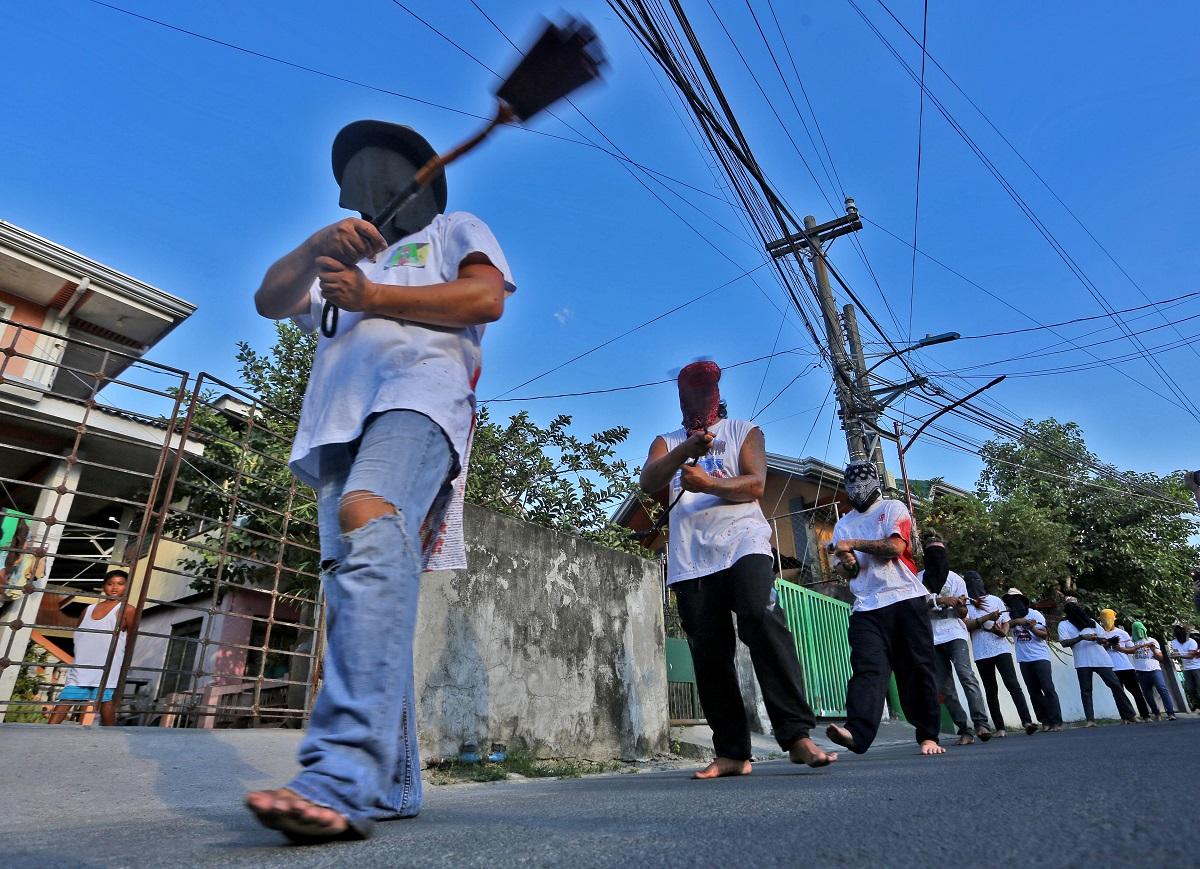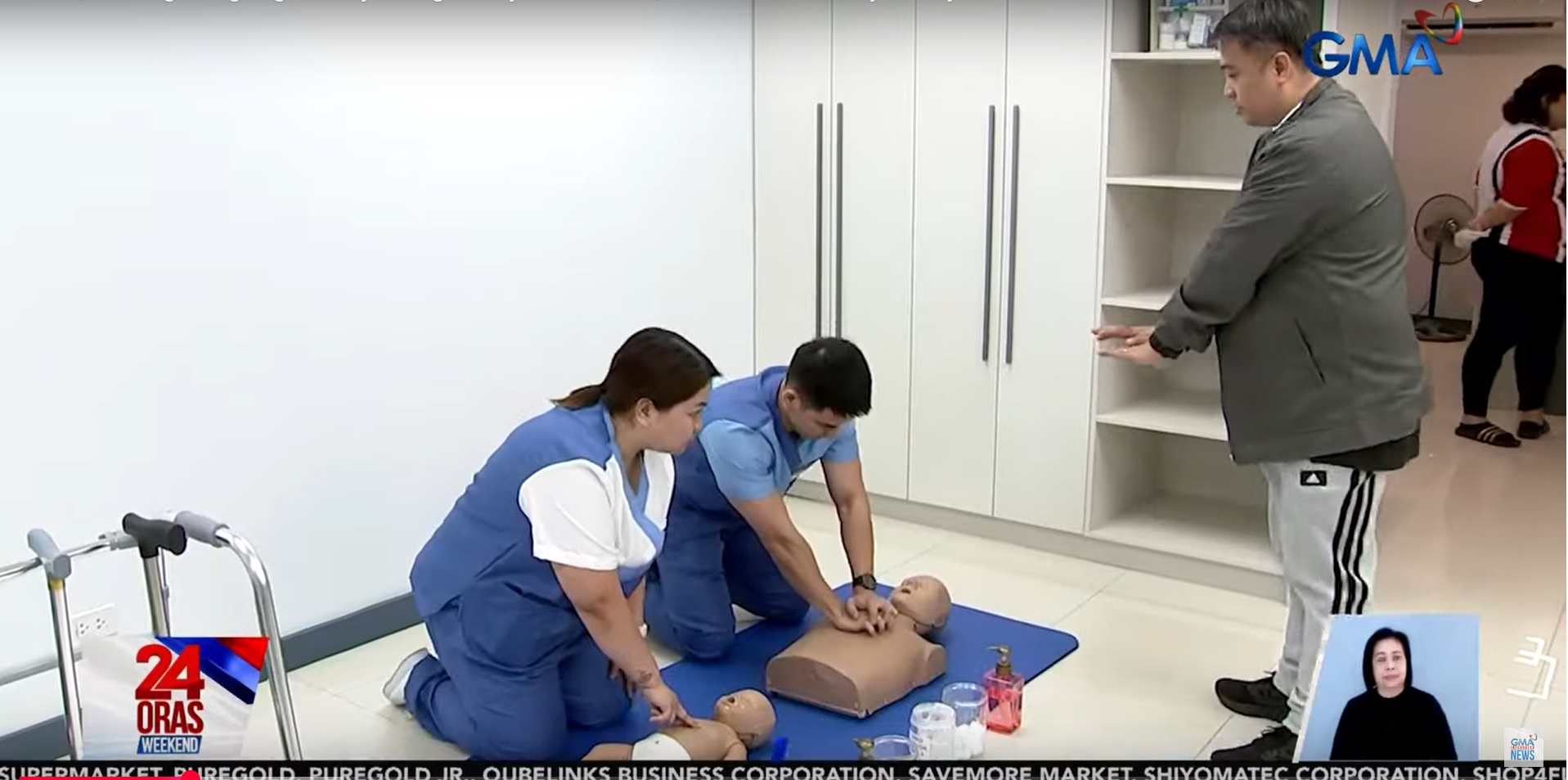DOH Warns Holy Week Devotees: Self-Harm Practices Pose Serious Health Risks

As the Holy Week approaches, the Department of Health (DOH) is issuing a crucial reminder to Filipino devotees: abstaining from self-inflicted pain through practices like self-flagellation and crucifixion is vital for maintaining health and safety. These traditional acts of penance, while deeply rooted in faith for some, carry significant risks and are strongly discouraged by health officials.
The DOH's message comes as Filipinos prepare for a week of religious observances, culminating in Easter Sunday. The period is characterized by heightened spiritual activity, including processions, prayer vigils, and acts of devotion. However, the department emphasizes that demonstrating faith does not require physical suffering.
“We understand the deep faith and commitment of our devotees, but we urge them to reconsider these practices,” stated a DOH spokesperson. “Self-flagellation and crucifixion can lead to severe infections, tetanus, permanent nerve damage, and other serious health complications. There are many other ways to express your faith that do not endanger your well-being.”
Health Risks Associated with Self-Harm Practices
- Infection: Open wounds created by self-flagellation or crucifixion are highly susceptible to bacterial and viral infections, which can quickly escalate into life-threatening conditions.
- Tetanus: This potentially fatal bacterial infection thrives in wounds and can cause muscle spasms and respiratory failure.
- Permanent Nerve Damage: Repeated trauma to the body can result in chronic pain and loss of sensation.
- Bloodborne Diseases: The use of shared instruments can transmit bloodborne diseases like HIV and Hepatitis.
- Psychological Trauma: Self-harm can have long-term psychological consequences, contributing to anxiety, depression, and other mental health issues.
Alternative Ways to Show Faith
The DOH encourages devotees to explore alternative and safer ways to express their faith during Holy Week. These include:
- Prayer and Reflection: Spending time in prayer and contemplation is a powerful way to connect with one’s faith.
- Acts of Charity: Helping those in need, volunteering for community service, and donating to charitable organizations are meaningful expressions of faith.
- Fasting: Abstaining from certain foods can be a spiritual practice without causing physical harm.
- Attending Church Services: Participating in religious ceremonies and services offers a sense of community and spiritual renewal.
The DOH has deployed health teams to various locations throughout the country to provide medical assistance and information to devotees. They are also working with local authorities to discourage these harmful practices and ensure the safety and well-being of all Filipinos during this sacred time. Let us observe Holy Week with reverence and respect, prioritizing health and safety above all else. Remember, true faith does not require physical suffering – it resides in the heart and guides our actions towards compassion and service to others.






